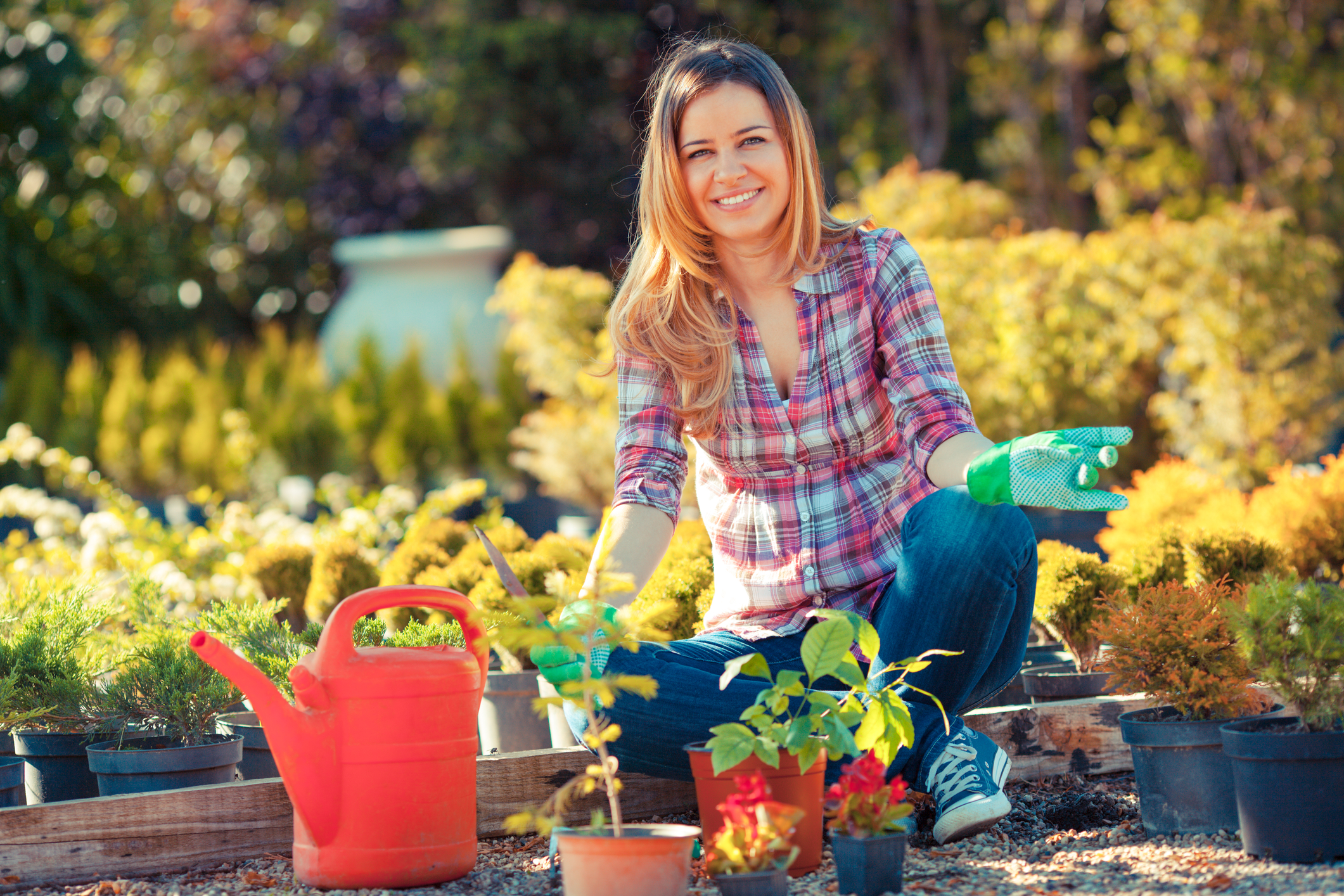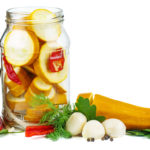
Foodie, traveler, and art enthusiast? Immerse yourself in “The Maria Liberati Show,” where Gourmand World award-winning author/ chef Maria Liberati explores the world through the lens of food, culture, and art.
Join Maria as she engages fascinating guests in lively conversations about:**
Culinary experiences and traditions from around the globe.
The connections between food, wine, art, and literature.
The unique stories and inspirations behind people’s food journeys.
What food means to them personally and culturally. Learn how food connects us all!
Author Annie Guest joins Maria to explore small changes and decisions you can make in your home that will make a big difference on your mood and perspectives!
Enter, ”The Maria Liberati Show,” based on her travels, as well as her Gourmand World Award-winning book series, ”The Basic Art of Italian Cooking,” and ”The Basic Art of…” Find out more on https://www.marialiberati.com
—–
music: ”First Day of Spring” by David Hilowitz – available via Creative Commons Attribution-ShareAlike 4.0 https://creativecommns.org/licenses/by-sa/

copyright Art of Living, PrimaMedia.Inc.
Maintaining a garden takes a lot of time and work. You want to make sure all this work is worth it in the end and that you have a fruitful garden. There are many things you can do along the way to ensure this result.
Plan It Out
As with many things, it is best to make a plan before you get started. When it comes to your garden this includes planning which plants to include as well as the layout of your garden. When picking your plants, there are a couple things to consider. If you are doing a vegetable garden, then you should pick vegetables that you will actually eat. You shouldn’t waste space with fruits and vegetables that won’t get used.
Next, you need to think about your overall layout. You only have so much space and you want to be sure you have plenty of room to work in your garden. It can be helpful to draw out a map of your garden and plan where each plant will go. Additionally, you should consider what plants need more sunlight and plot out where they will need to be to get that sun. Other things to plan include your planting schedule and what tools you will need.
Start Your Sprouts
When you plant seeds, you can’t really monitor whether or not they’re growing until they sprout. There is also the likelihood that not all of your seeds will actually be good seeds. It can help to sprout your seeds before you actually plant them. When you sprout beforehand, seeds can actually germinate faster because they are in an environment with the ideal temperature and moisture. Once they have sprouted, you eliminate all the seeds that didn’t germinate, and you can plant all those that were successful.
To pre-sprout your seeds, you can use either a container or a plastic bag. Dampen some paper towels and line either your containers or the bag. Make sure you drain any excess water. Place your seeds on the paper towels and close your container or plastic bag. Keep your seeds in a warm environment and check them often.
Transfer When Ready
Once your seeds have sprouted, you can transfer them to your garden area. When transferring, make sure you are very gentle with the germinated seeds. If the root becomes damaged, your plant will not grow. Sometimes the root will grow into the paper towel during germination. You can plant the part of the paper towel with the root in it along with the seedling. To transfer, gently place the sprouted seed into the dirt and cover with dry soil. You should start off by misting the soil with a spray bottle. This is because you don’t want to make the soil soggy. Too much moisture can lead to mold growing which can kill your seedlings.
Feed the Plants
As your plants continue to grow, you want to make sure they are getting plenty of nutrients. To start off, you should consider your soil. For the best soil, you want to have plenty of organic materials included. You can mix in leaves and shredded bark to your soil to incorporate these materials. Composting is another natural way to provide nutrients for your garden. You can make compost out of fruit and vegetable scraps, grass clippings, manure, and any other non-animal scraps. Different kinds of mulch add nutrients and can be used for a variety of plant types. Additionally, mulch helps to keep nutrients and water in the soil, and it can help to prevent weeds in your garden.
Control Weeds
For the sake of your plants, you want to manage the weeds in your garden. Weeds can compete with your plants for nutrients, water, and sunlight so you should do all you can to prevent them and remove them. As mentioned, mulch is a great way to prevent weeds from sprouting up. There are also plastic ground covers you can use. Overall, you want to avoid leaving any bare soil because this makes it easier for weeds to spout. If you do have weeds, pull them immediately. In some cases, if they have not gone to seed, you can hoe your garden which will then turn the weeds into nutrients for your soil.
Keep Pests Out
In addition to weeds, you need to be wary of pests. Part of preventing pests is taking care of your plants. Unhealthy plants invite insects. To avoid them, give your plants plenty of space so air can circulate between them. Watering early in the morning can prevent moisture from lingering into the evening which invites many pests such as slugs and snails. There are also ways you can attract helpful insects and other animals, such as birds, that will eat the insects damaging your plants. If you live in an area that has deer or other animals that eat your plants, you can use physical barriers like netting or fences. Of course, you can also use pesticides in your garden to get rid of pests. There are even natural pest control options you can use if you prefer.
Prune and Deadhead
While your plants are growing, you want to make sure you continue to maintain them. This includes pruning your plants and deadheading any flowering plants. It’s important to remove any dead or dying parts of your plants because it keeps anything from spreading. You also provide more room for new parts of your plants to grow which will keep your plants healthy. Additionally, you can add dead plant parts to your composting bin. In addition to pruning, you also need to harvest all plants on time. Overall, you need to do regular maintenance to ensure your plants stay healthy.
If you want to have a fruitful garden, it requires a lot of work beforehand and throughout the growing period. You can’t just plant your seeds and hope for the best. The more care you put into your garden, the more you can expect to get in return.
Read this next: Happy National Gardening Exercise Day and How to Garden
For great summertime or anytime recipes get your copy of the Gourmand World Award winning book-The Basic Art of Italian Cooking: Holidays and Special Occasions-2nd edition



